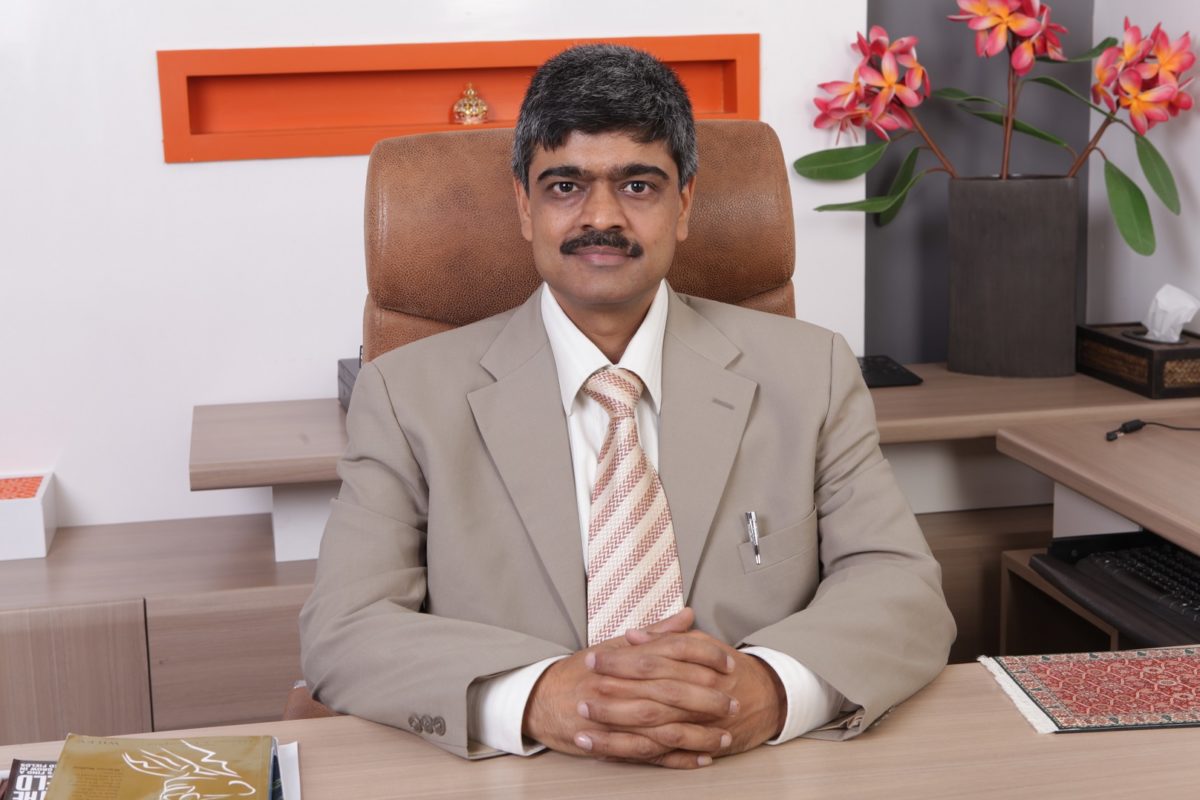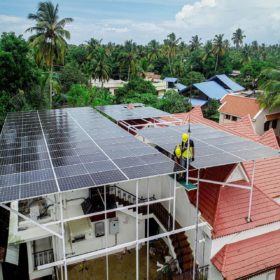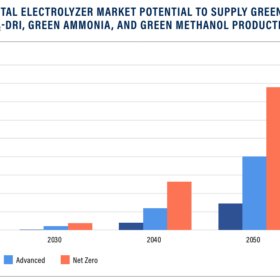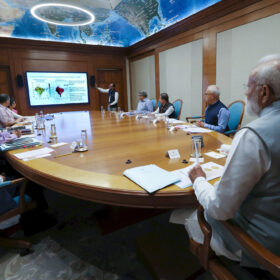pv magazine: What is your take on reducing solar prices and manufacturing in India?
Vikalp Mundra: The rapid reduction of solar tariffs signifies that there are very few opportunities around the globe for big money to be deployed. Solar gives this opportunity to implement significant amounts and probably in the shortest period when comparing to any project of similar size. We are in an era of reducing the cost of capital and hence, the expectation of IRRs are also joining the downward race. Another important factor is the expectation of price reduction in PV modules, although the slide is being arrested now, and upward movement is visible, but nobody can predict how China will move, as they have the highest manufacturing capacity to take the world on a roller coaster ride on price.
PV manufacturing is a capital-intensive project, there are many manufacturers of modules in India, but most of them lack economies of scale. Externally a consistent policy support and clarity on various matters is absent to attract more players to risk big money in this arena.
Can you comment on the Renewable Energy Certificates (REC), and why is it a failure?
I still consider REC was an excellent concept, it gives flexibility of geography, but the following are the few reasons for its failure.
- Bad publicity of REC, the same can be attributed mostly towards non-solar RECs and that too from Cogen plants which were set up before without any consideration of REC, they suddenly became eligible for RECs. The victim is Solar REC.
- Poor enforcement of Renewable Purchase Obligations (RPOs). We as a society have an inertia to comply with rules willingly & proactively, especially if it is government owned. As there is no strict accountability of default, the majority of obligated entities (OEs) are directly, or indirectly government owned. If you analyze; most of the private OEs have complied with RPOs.
- Most of the states were Power Deficit, hence, the concept of buying a certificate vs. buying Power, the latter looks more lucrative.
- Rapid reduction of cost of Solar Modules, which made the choice of geography less important, which was the foundation for the concept of REC. With reduce cost, Solar is viable at each & every nook & corner of India.
Since India is a price driven market, where do concerns about quality rank in your project development?
We at Ujaas are very much concerned about the Quality and Safety. They are our top most consideration. Power plants are a long-term investment, and the same thought should prevail while designing a project. TCO (Total Cost of Ownership) should be on the top of an engineer’s mind, but unfortunately, sometimes few engineers compromise on it.
India has tropical climate conditions, and suffers soiling issues that can hinder the plant production; does Ujaas also provide O&M services to guard against or resolve such problems?
Dust is a big problem in India, and regular cleaning is a must to achieve the desired generation. Ujaas provide high-quality O&M service to its customers using latest technology may it be remote monitoring, thermal imaging, etc. Probably Ujaas is the only company in India who use Automatic Cleaning machines to clean PV Modules.
How much Solar-PV Ujaas has installed in India and how are the projects functioning?
Ujaas has put more than 200 MW in all its verticals Ground|Rooftop|Home. All the projects are performing at the satisfactory level.
Can you give some details about your recently signed orders for 22 MW solar rooftop installations?
Majority of it is against SECI bid to install solar rooftop plants on mainly government buildings under RESCO (Renewable Energy Service Company) model. In RESCO, the entire system is owned by the developer and the responsibility of O&M for the system lifetime (25 years) is also with the developer. Ujaas has been successful in some 5-8 states for the same. Others are state specific bids.
This content is protected by copyright and may not be reused. If you want to cooperate with us and would like to reuse some of our content, please contact: editors@pv-magazine.com.







Solar is effectively converted into power sector most urgently to maintain the climate changes due to the pollution and fuel
I am solar installation service provider and INC contractors my contact number 7226803440
your promotor has all his holding and what you expect from small investors .
my shares in demat acct shows only one share